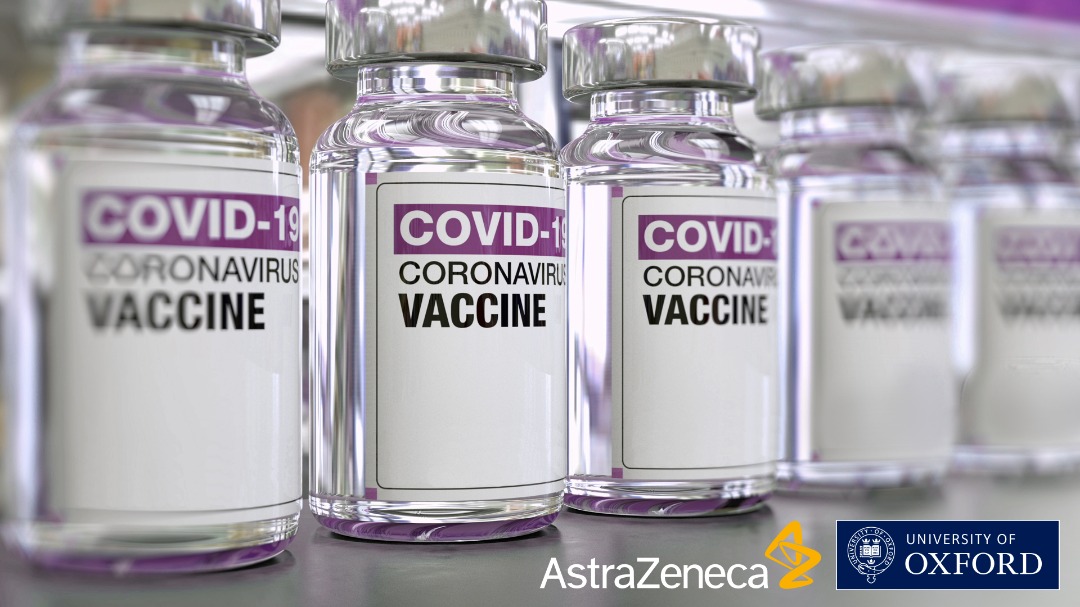KUALA LUMPUR, July 30 — Thailand appears to be running out of Covid-19 vaccines attributed to local production shortfalls, delays in procurement, and soaring new coronavirus infections.
The Thai government’s decision to rely primarily on a single provider — AstraZeneca, which says it can only produce five to six million doses per month instead of 10 million per month as touted by Thai officials — has left the country scrambling to obtain other vaccines.
Apart from the locally produced AstraZeneca, made by novice vaccine producer Siam Bioscience Co Ltd, which is owned by a subsidiary of the Crown Property Bureau, Thailand has also been receiving Chinese-made Covid-19 vaccine doses from Sinovac and Sinopharm.
It recently signed a deal with Pfizer Inc to purchase 20 million doses of the Pfizer-BioNTech vaccine, which is expected to be delivered in the fourth quarter this year.
The Thai government also said last month that it would import nearly four million doses of Moderna’s coronavirus vaccine towards the end of this year, and has ordered five million doses of the Johnson & Johnson vaccine.
Prime Minister Prayuth Chan-ocha’s administration has been extensively criticised for failing to secure timely and adequate vaccine supplies, which has complicated plans to vaccinate at least 70 per cent of the country’s 69 million population this year.
On July 21, Thailand’s National Vaccine Institute director Nakorn Premsri made a public apology to the nation for failing to provide sufficient Covid-19 vaccines, citing time-consuming bureaucracy that has adversely affected the procurement process.
“I apologise to the people of Thailand as the National Vaccine Institute — —despite its best possible efforts — only managed to procure an insufficient amount of vaccines for the situation that is beyond our expectation,” he said in a live broadcast as quoted by Channel News Asia.
“The Covid-19 pandemic is new to our experience. The mutation of the virus was not anticipated.”
Thailand is currently battling record-high daily increases in Covid-19 cases and deaths due to the spread of the more contagious Delta variant of the virus.
As cases rise, the demand for Covid-19 vaccines has also expanded. Many Thais who successfully registered through the national vaccination programme, however, have seen their appointments postponed indefinitely amid reports of vaccine shortage.
AstraZeneca recently admitted that the launch of Covid-19 vaccine production at the Thailand manufacturing facility had been “complicated”, but has pledged to deliver five to six million doses per month.
“Our vaccine is a ‘biologic’ product that starts with growing ‘living’ ingredients. Its production is complicated,” AstraZeneca’s managing director for Thailand James Teague said in an open letter to the people of Thailand recently, as quoted by the Financial Times.
“The number of doses in each ‘harvested’ batch is never completely certain, especially in the early stages of a new supply chain,” Teague said. “Even with that context, our projections show that in months with uninterrupted manufacturing we can supply five to six million doses in Thailand.”
Production delays at Siam Bioscience have been felt in other countries that were counting on imports from Thailand, including the Philippines, Malaysia, and Taiwan.
Thai health authorities have said they will consider a temporary cap on exports of the locally made AstraZeneca vaccine as the country does not have enough for its own needs.
According to Our World in Data, Thailand has vaccinated 12.31 million people with at least a single Covid-19 vaccine dose as of July 25, with 3.65 million people fully vaccinated.








